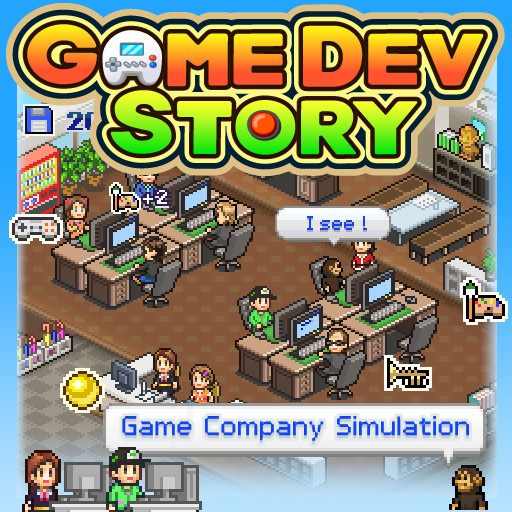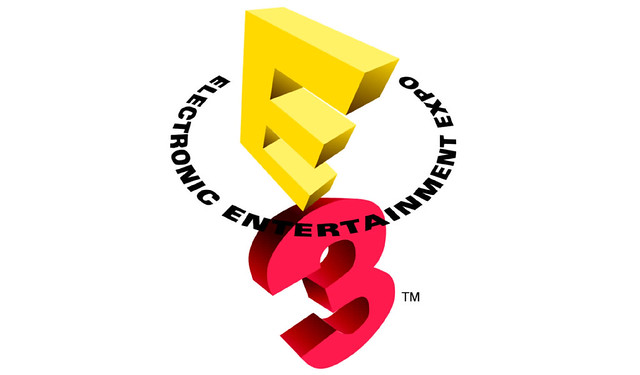
And when I say character I mean avatar. Usually developers fail to:
- Think ahead of time that this, avatar representation, matters.
And usually developers never miss to:
- Argue that it doesn’t fit the settings/theme/story of the game.
I think the first point is easy to solve.

Especially if your game aims at youngsters and kids, the right thing to do is allow customization. It really counts, it has a tremendous positive effect. You know about the black astronaut who became astronaut because she saw a black woman in Star Trek, right? Tons of stories like that. I remember vividly seeing a black Iron Man and thinking in my little 7 year old head “fuck yeah!” or something. If you are a game developer and believe games can change things, this is a way of doing it.
For the second point, it gets more complicated: no, I don’t think it is a good argument to dismiss skin tone customization in games in which players will spend dozens of hours looking at their avatars by implying that that heroic-fantasy themed game is trying to be realistic or historically accurate.
Guys, there is no “real” accuracy in fiction, never will be. We can do whatever we want. Lara Croft could be Asian and black. Shit is mysterious? So be it. It’s fiction, it’s imagination. Imagination is personal, triggers your own world. You need to leave parts open in your design so that players can enjoy “building” their own interest to characters and stories according to their lives. That’s how you make things inclusive.
Now, I’m a grown ass man and I don’t necessarily need things to match me all the time. I can enjoy a movie and get engaged following the story of a Mexican woman or I can play Just Cause 2 for hours without thinking one second about character customization. In this game it doesn’t matter, the spectacle is the environment.
I need my black people but it’s like water and being hydrated, I don’t need an IV 24/7 for that.
Anyway as often, it’s a case by case thing. How long are you going to look at your character? All the time? Allow customization. Is the game going around your character or is it more about the rest? About the rest and your team is too small to afford to spend time on this? Have no customization.
You can of course make the game exactly like you want, for you and your friends first but if people buy and enjoy your game BUT want/wish they could customize their characters and that you tell them to go away, that’s not very nice. And kind of plain stupid.








